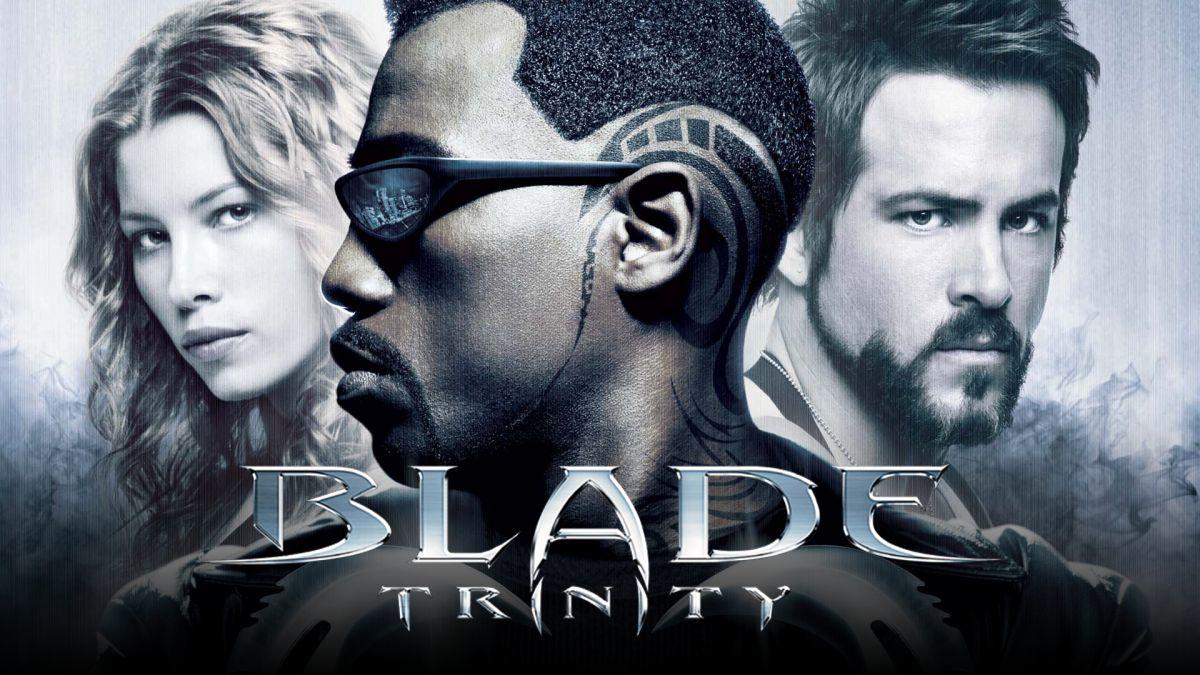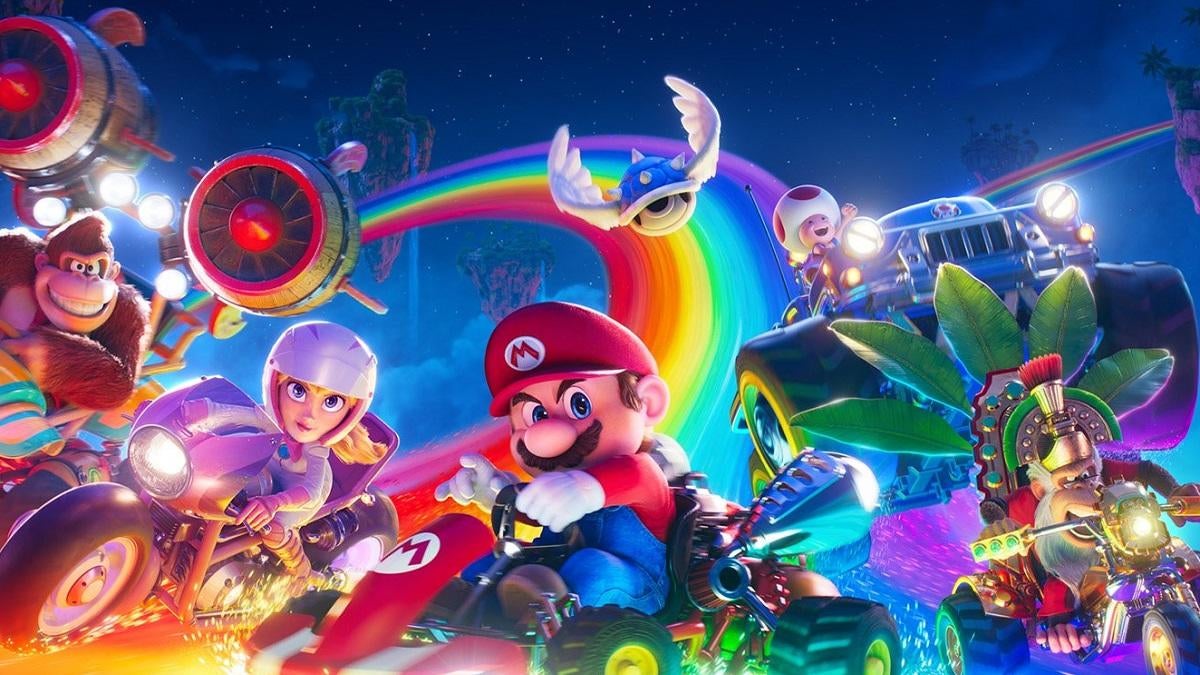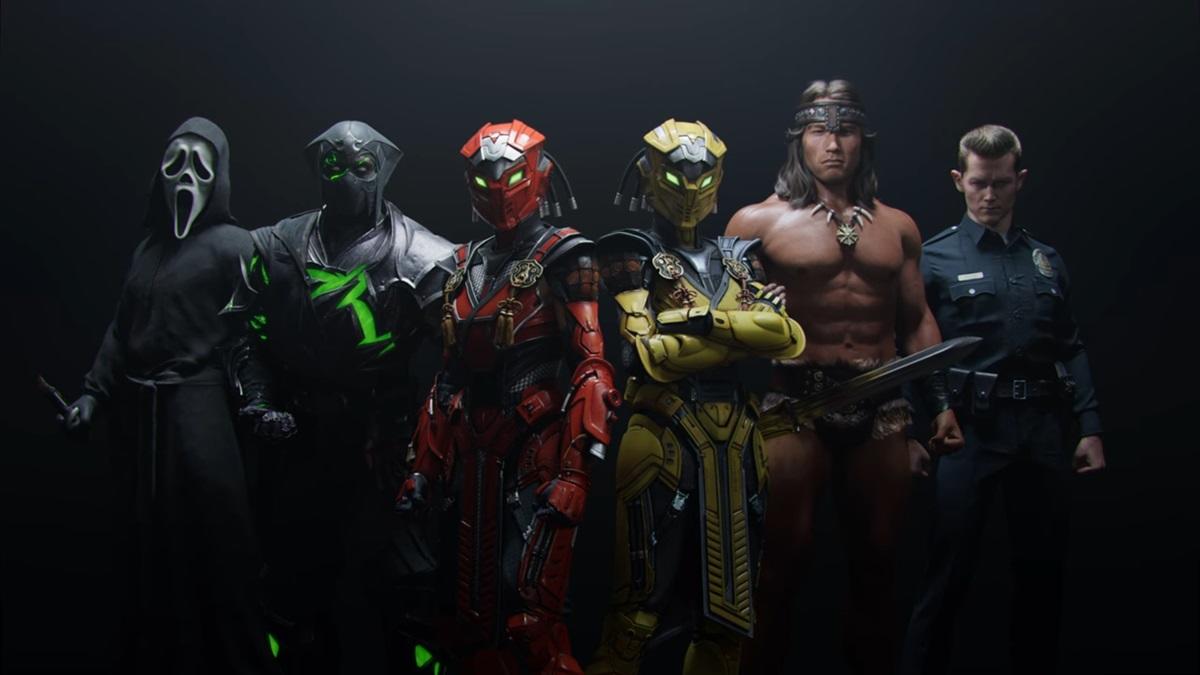Punchline #1 Review: Second Verse, Same as the First
Following the explosive events of 'Joker War,' DC Comics is prepping for the next big thing in [...]
Following the explosive events of "Joker War," DC Comics is prepping for the next big thing in their Batman line of comics while also filling in the gaps for its latest character addition to the DC Universe. Things must always be in motion and ever changing—or the illusion of change must be present, at the very least—in these serialized stories, and like a coin disappearing behind your ear the illusion is maintained for 36 pages in Punchline #1, the one-shot special detailing the origin of The Joker's new right hand woman. The illusion of the character's place as the "new Harley Quinn who isn't Harley Quinn" is shattered in this issue though as the character's status is actually confirmed to be a second verse that's nearly the same as the first.
The issue, written by James Tynion IV and Sam Johns, picks up after the conclusion of "Joker War" and expands on the world of Gotham readers were left with while dangling some interesting new plot threads before them. Frankly, there are a lot of ideas being thrown at the wall here and only some of them stick, but the insistence that this comic and the narrative be as thoroughly modern as possible becomes its greatest sin. Punchline #1 presents a plot exploring the world of podcasts, celebrity worship, and a broader exploration of finding meaning in nihilistic character like The Joker. At the forefront of the entire issue is the theme of faceless, online radicalization of young internet denizens by extremist positions, and this is certainly the best component. This thread is the backbone of the whole piece, but it is crowded by everything else occurring around it and too many tacked-on references to decades of Joker lore.
Harper Row (a.k.a. Bluebird) is among the many point-of-view characters readers see here, but the issue spends more time with her brother Cullen as he falls down a rabbit hole when learning about Punchline—conveniently discovering the origins of her Joker-obsessed life documented via podcast. It's not as corny as it could be, though seeing the same beats done for years with Harley Quinn's own origin hit once again make this retread tiresome. In fact, the differences between the Joker's two paramours begin to blur in this issue, to the point that Punchline seems even more reductive than when she was first introduced to the world. There are certainly still some differences, but this issue does little to broaden, distinguish or embellish them.
Even with prose that reads as stale and half-baked, the Punchline one-shot isn't entirely without merit. Art by Mirka Andolfo and colors by Romulo Fajardo Jr. keep things interesting on the visual level, revealing the world of Gotham, Batman, and Joker as it's seen from the perspective of Gen-Z characters who grew up in their shadows. Some erratic anatomy is off-putting in places, but the larger development of the breakdowns on each page are able to keep the story going while also building to the issue's final punchline.
Tynion and Johns have assembled a story with an interesting hook for whatever its payoff may be next year, but it ironically has nothing to do with the strength of Punchline herself. After missing the hoop in telling her origin throughout, they conclude the issue by threading a needle that could on day prove to be a timely and interesting story. That its entire lead-in is buried in this one-shot that fails to justify itself is (as yet another Joker-got-away storyline) a massive headache.
Published by DC Comics
On November 10, 2020
Written by James Tynion IV & Sam Johns
Art by Mirka Andolfo
Colors by Romulo Fajardo Jr.
Letters by Gabriela Downey




